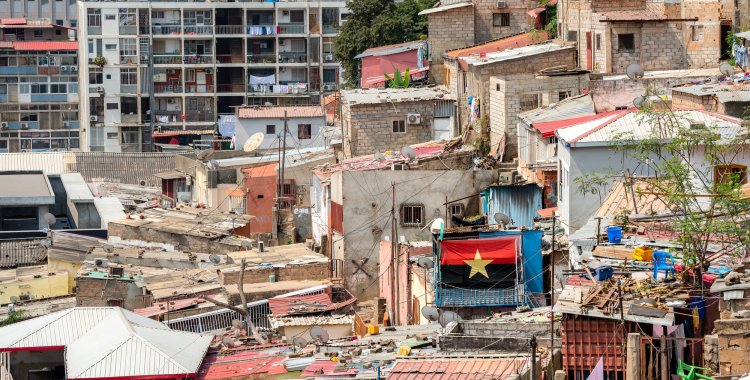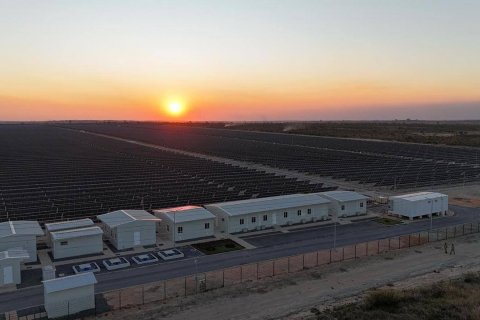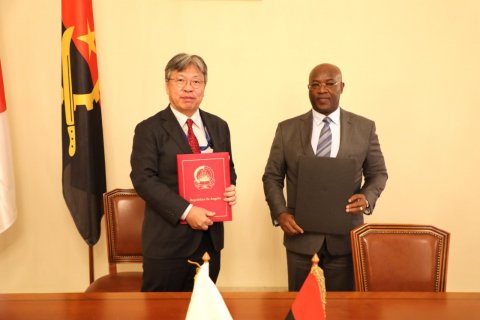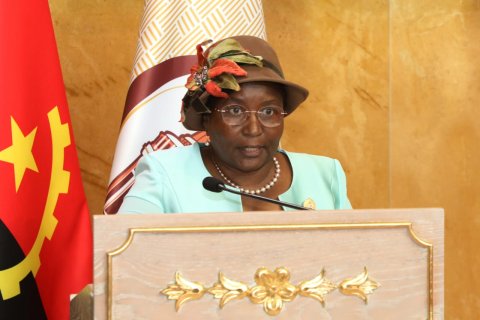The document from the Center for Studies and Scientific Research (CEIC) of the Catholic University of Angola, referring to 2019/2020, recently released, states that it will not only be in the creation of new net jobs that ways will be found to overcome poverty, " that annually creates a series of discontented and depersonalized people, for whom the only way to survive is indigence".
"Countries with frightening masses of the poor are disqualified countries on the international stage and for some, poverty alleviation is only achieved through international donations. Governments of countries with high rates of poverty should be ashamed and do penance with their citizens, especially when they cohabit with compatriots with a high standard of living", he mentions in the report's introduction.
According to the document, in Angola one of the social priorities must be the creation of a welfare state with universal characteristics and sustainable over time, stressing that the poverty rate cannot be reduced only through growth and job creation.
The report argues that the Sovereign Fund must be an instrument to guarantee intergenerational balances and not a conflicting complement to the General State Budget.
"The Sovereign Fund, by aggregating money from the exploration of non-renewable oil - a resource of the nation - can, if you want, play a central role in building a social state that is friendly to citizens and promotes equality between citizens", argues the report.
The elimination of price subsidies, namely fuel, can be an important source of financial resources to guarantee the stability of the welfare state, the document also defends.
In an analysis of the social recession in Angola, the report highlights: "After 2014, this situation was evident in the country, with a sharp decrease in the added value of the respective sectors that comprise it: between 2010 and 2018, the deterioration of the Social Domestic Product registered a null average of -12 percent and in the period 2014-2018 the crisis worsened, passing that value to -28 percent.
"In all components, recessive behaviors are evident after 2014, leading, therefore, to admit that the deterioration of living conditions and the degradation of basic social, ethical and moral values have become a constant in Angolan society", stands out.
The report notes that the value and degradation of income are the most salient features of the social recession in the country, indicating that the highest value of Gross Domestic Product (GDP) per inhabitant in current dollars took place in 2014, despite the fall in oil GDP. (response to the drop in the price of a barrel of oil), but offset by an unusual growth of 42.8 percent in non-oil GDP, according to national accounts.
"From the second half of this year onwards, according to the INE [National Statistics Institute] Bulletins, the fall in domestic production was permanent, the closure of companies became the general rule of adapting private business strategies and unemployment began to be the normal condition of the national workforce. Low GDP per inhabitant and increasing unemployment in the workforce contributed to the country's social recession", reads the report.
"The previous considerations about the social crisis and its characteristics in Angola, in current times, are sufficient, which will worsen substantially until the end of 2022", adds the document.







